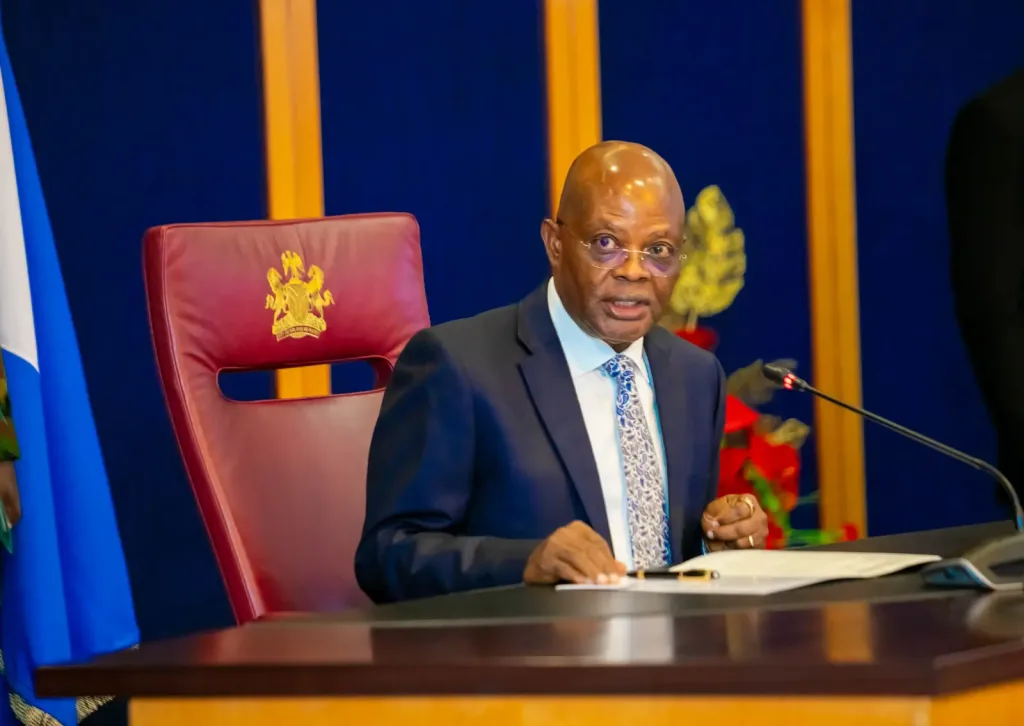A legal advocacy group has raised alarms over plans by Rivers State’s Sole Administrator, retired Vice Admiral Ibok-Étè Ibas, to organize local government elections, calling the move unconstitutional. Victor Giwa, National Coordinator of Advocates for People’s Rights and Justice, emphasized that Ibas—appointed to maintain stability in the restive southern Nigerian state—lacks the authority to oversee polls or appoint electoral officials.
Speaking during an interview with Arise News, Giwa criticized the planned August 30 elections, arguing that only a democratically elected governor, confirmed by the state legislature, can legally constitute the Rivers State Independent Electoral Commission (RSIEC). “The sole administrator is not a governor. He was not elected under any law, and there’s currently no state House of Assembly to confirm appointees,” Giwa stated, referencing a 2018 law mandating that RSIEC’s seven-member board, including its chair, must be nominated by the governor and ratified by lawmakers.
Ibas, a former Chief of Naval Staff, was appointed in 2023 amid a political crisis following disputes over local governance structures. While sole administrators are typically tasked with ensuring security and order during emergencies, Giwa stressed that their mandate does not extend to electoral processes. “His role is strictly to prevent a breakdown of law and protect lives and property—not to conduct elections,” he said.
Giwa further highlighted irregularities in the April 8, 2025, appointment of the RSIEC chair, noting the absence of a functional legislature to legally validate the selection. “Without proper screening and confirmation, any election organized under this commission is illegitimate,” he asserted, describing such a vote as “null, void, and unconstitutional.”
The controversy arises as Rivers State, Nigeria’s oil-producing hub, grapples with prolonged political tensions. Local elections, last held in 2021, have been a recurring flashpoint, with rival factions accusing federal and state actors of overstepping legal boundaries. Legal experts suggest the dispute could escalate into court battles, potentially delaying efforts to restore elected local councils.
While Ibas’ office has yet to publicly respond to the allegations, the situation underscores broader challenges in Nigeria’s governance framework, particularly in regions where appointed officials assume powers typically reserved for elected leaders. The outcome could set precedents for how states navigate constitutional mandates during periods of political instability.
